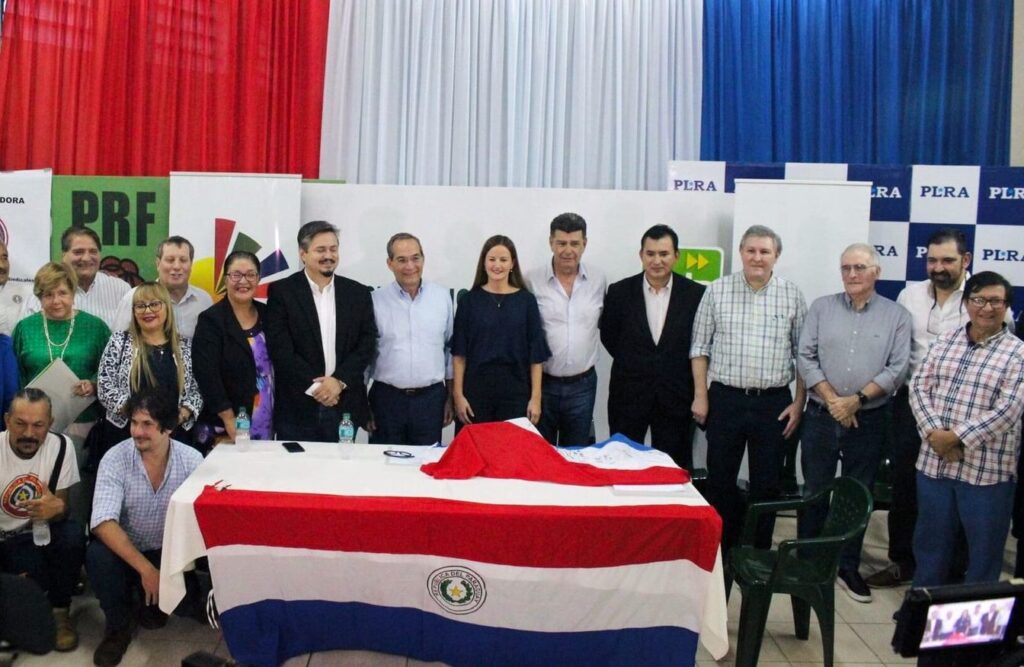The decision of the office of the United States Trade Representative (USTR), to exclude Nicaragua from the additional sugar quota of up to 201,551 tons, is a message that causes “concern” and “disdain”, in equal parts, to the Nicaraguan business class, according to an expert in international trade, who knows how local capitals operate, and how they relate to Washington .
Last week, the USTR decided to leave Nicaragua out of the group of nations that would receive part of the quota not met by the countries to which it had been initially assigned. The decision, more than a simple technicality, is interpreted as a message from the State Department, with authorization from the White House, aimed at the Nicaraguan business classin the hope that it will have an echo in the political establishment.
The international trade expert explained that “the private sector already knew that this possibility existed, so this does not raise major concerns, and there is also confidence that, at this time, President Joe Biden is very busy with other more serious issues.” , like the Russian aggression against Ukraine, for example.
“What needs to be seen is what is the maximum price that Daniel Ortega is willing to pay —which cannot be the destruction of the country— but also, how far is the private sector willing to go, while observing how its capacity to trade with the United States” and other partners, he valued.
The underlying theme is money.
Ortega’s hope, that Russia and China could replace the United States as the main trading partner, became even more difficult as of February 24, when the first invading Russian soldier or tank crossed the borders of Ukraine. In return, the United States continued to publish statistics on its commercial relationship with Nicaragua, detailing that they bought 41% of the sugar that the country exported in 2021, which rounded off a growth of 180% since Cafta entered into force in 2006.
“Take into account that, in all this, the unit of measure is money,” the source recalled.
In his view, the largest capitals in the country see this “as a yellow light… or more like an orange alert”, without implying that the level of concern is zero, because there is awareness that it can escalate to other levels. “It is true that The United States cannot simply exclude us from Caftabut this shows that there are other ways” to limit the commercial relationship with Nicaragua, he valued.
An example is the quotas that other products such as meat, peanuts or cigars have, sectors that depend either on thousands of small producers, or are intensive in the use of labor, a field in which the companies attached to the regime stand out. free zone.
“The maquilas employ more than 120,000 people, most of them women, single mothers, and it is easy to move the machinery from one country to another”, which increases unemployment and affects economic activity in general, “but it does little harm to the private sector,” he stressed.
danger of contagion
In this ups and downs of consequences to consider, and factors to rule out, some transversal facts stand out that everyone must take into account, such as the staining —something like a kind of contamination in financial terms—, or what in Spanish has been called reputational risk.
“Since sugar is not sold overnight, the reputation of the sugar export sector could be affected after having suffered this kind of political sanction, which could generate distrust in the international market, and raise the country risk, which would affect all export items”, and perhaps even the capacity of the financial sector, to attract fresh capital at reasonable interest rates.
Banks and microfinance companies could also react by increasing their natural conservatism when offering loans to the productive sector, especially the sugar industry, because although there is no doubt that this tangential loss of income will not in itself affect their ability to meet their contracts with banks and sugar mills, it is always possible that banks decide to increase interest rates if they perceive that there is greater risk, the source explained.
A progressive scarcity of resources among the sugar companies would generate an incentive to cut the additional benefits offered to settlers, sugar mill workers, and their families. “If the quota is reduced even more, and there is less money, they will begin to cut the social programs that the industry supports,” the source predicted.
















